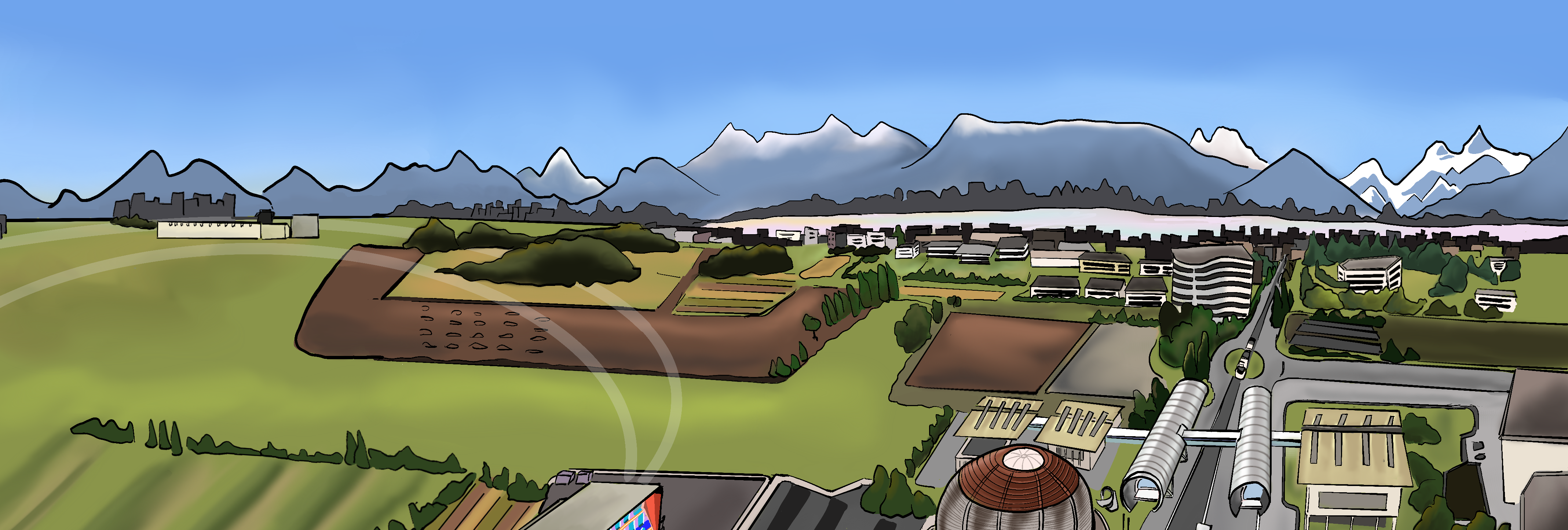Speaker
Katarina Bleau
Description
During a neutron star's formation in a supernova, its core may undergo a phase transition into deconfined quark matter. The phase transition would likely be first-order, proceeding by bubble nucleation. We show that such a phase transition would be accompanied by the emission of high-frequency gravitational waves (MHz band), which could be within reach of proposed gravitational wave detectors. Therefore, these detectors provide a unique opportunity for testing quantum chromodynamics in a high pressure and density regime that is otherwise theoretically and experimentally inaccessible.
